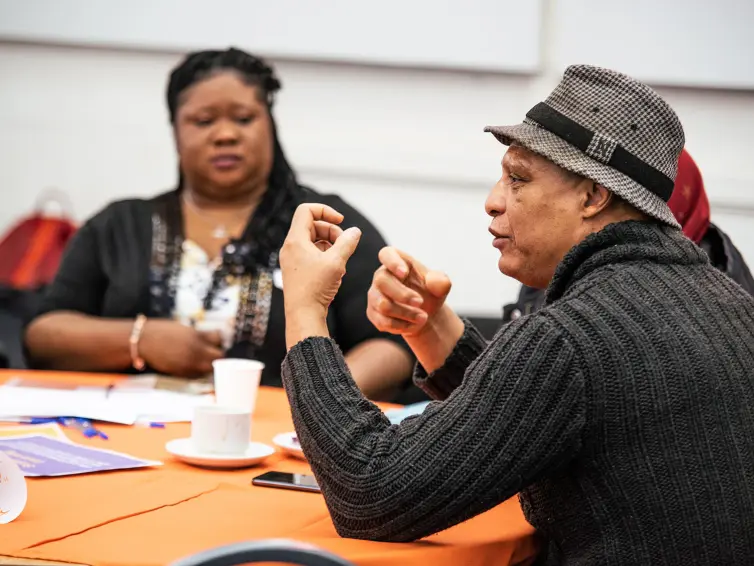Join an Advisory Group
- The group advises a research team who are aiming to improve NHS night shift workers' sleeping patterns and wellbeing.
- The group will meets online 3-4 times a year, for a couple of hours (early evenings).
- You'll be paid £25 per hour as a thank you for taking part.
Help to improve the wellbeing of NHS night shift workers
Around 30% of people who work nights, early morning and rotating shifts have a sleeping disorder. It can lead to difficulty in falling asleep, increased sleepiness at work and disruption of personal life.
We now understand more about how our body clocks work, why people respond differently to disturbed sleep, and the practical steps that people can take to improve their sleep whilst working nights.
Researchers are using this scientific understanding to develop and test new interventions for NHS night shift workers. The aim is to find out what methods really do help to improve sleeping patterns for people working nights.
The Advisory Group is friendly and informal. You don’t need any experience of research, just be happy to share your views and opinions based on your experience of working NHS night shifts.
Who we’re looking for
We’re looking for a couple of people from a range of different backgrounds, and locations across England who have experience of clinical and support roles in the NHS (for example Junior Doctors, Health Care Assistants, Paramedics, Porters and Cleaners ).
What is the time commitment?
The group meets online 3-4 times each year, for 2 hours at night-shift friendly times.
The project is running for 4 years.
You’ll be paid £25 per hour as a thank you for taking part.
There may also be options to attend an in-person workshop during the project, but this will be optional.
We aim to make our opportunities as inclusive and accessible as possible and we’re committed to ensuring that people from a wide range of social and ethnic backgrounds and with different experiences have a say in research. If there’s anything that we can do to enable you to take part, please let us know.
How to get involved?
If you’re interested in finding out more or joining the Group, please contact Annie by email (annie.keane@mft.nhs.uk).
